Can lime reduce greenhouse gas emissions from cattle manure?
At Cal-Me, we investigate how adding specific lime products to soft cattle manure affects the breakdown of organic matter and the release of methane (CH4).
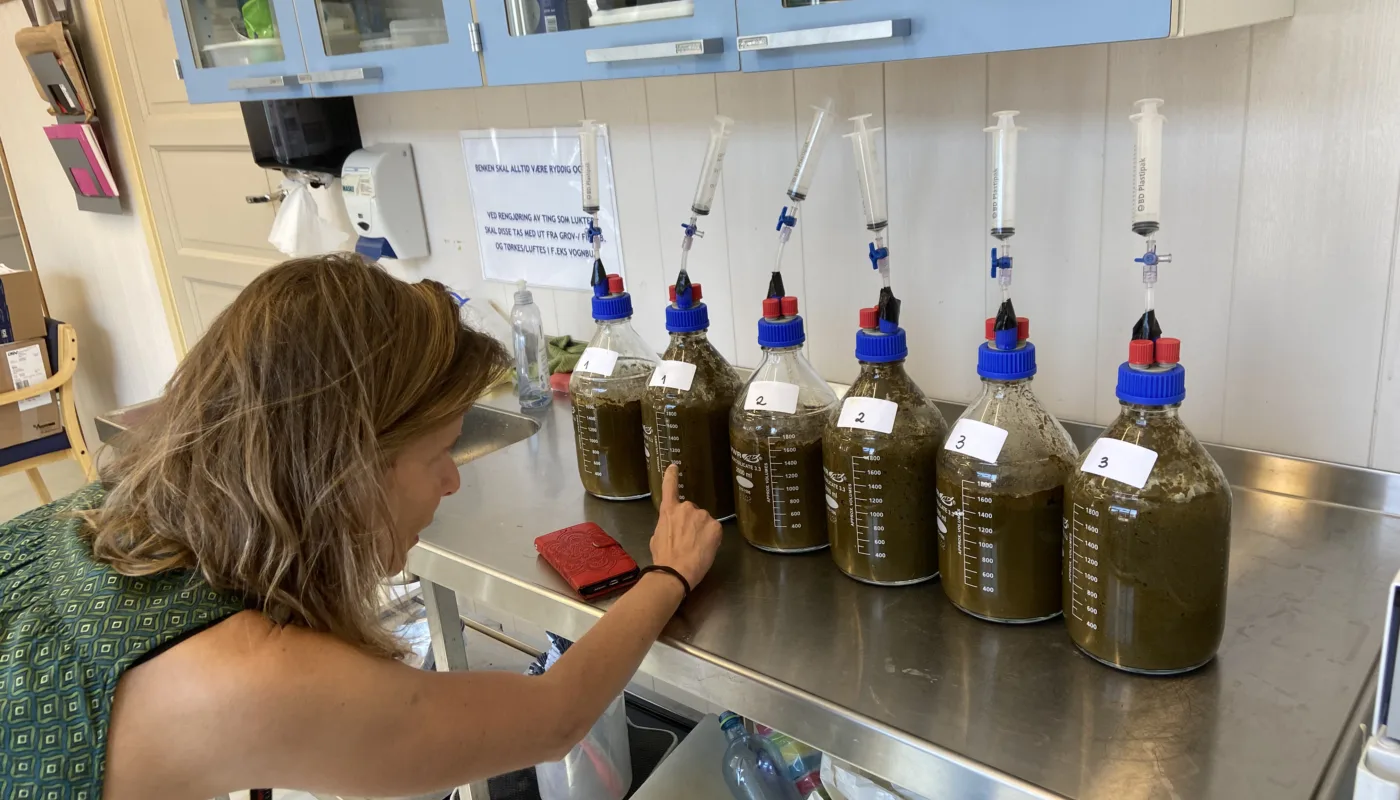
Previous experiments show promising results
Results from previous projects indicate that there are lower emissions of methane from cattle slurry storage on dairy farms where a certain type of lime is regularly added to the fertilizer. It has also been identified that lime can increase the breakdown of lignin and thus increase gas yield from biogas plants.
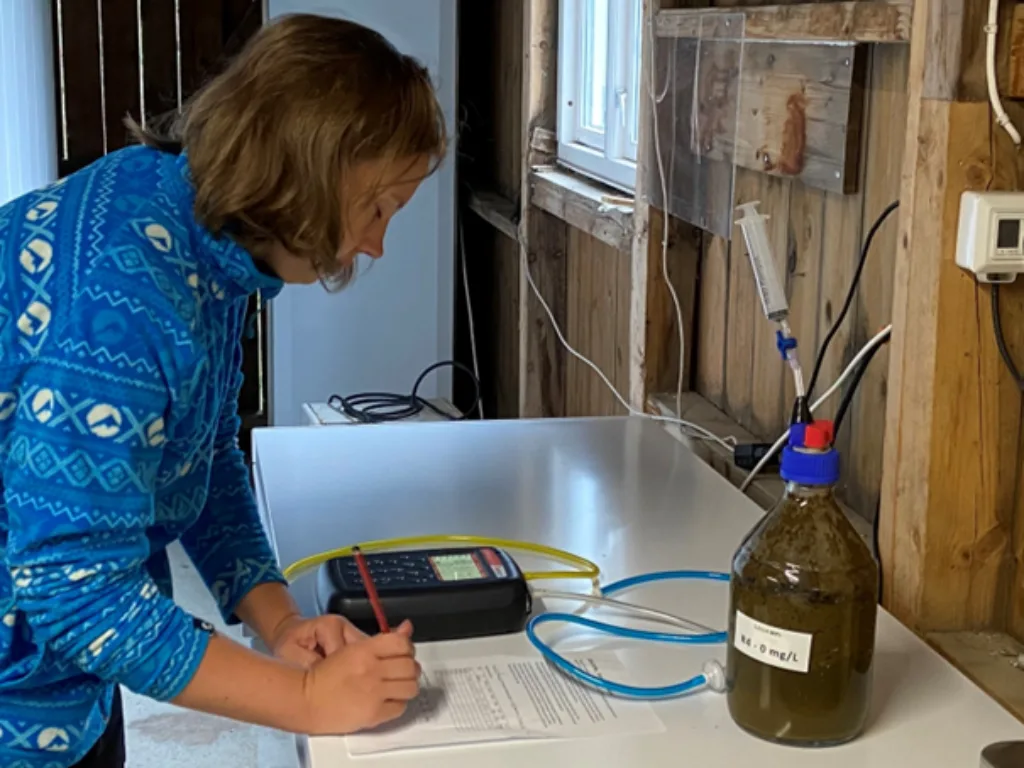
Verifying climate benefits with new experiments
The project starts by verifying results from previous studies in an incubation experiment and investigating whether the addition of lime products can be used to:
- Reduce methane emissions from stored wet manure and increase biogas yield when the manure is used in biogas plants.
- Compare different lime products with a control group without additions.
- Examine how the chemical and biological composition of cattle manure changes during decomposition and whether we can identify bacteria that convert methane into carbon dioxide (methane is significantly more potent as a greenhouse gas).

Further on
Findings from this project will provide a basis for further investigations and projects related to: What reduces CH4 emissions from cow manure and what increases biogas production? What properties of CaCO3 products can maximize the effect of the processes in question?
Potential benefits for agriculture and climate
If we succeed in reproducing positive climate effects, this forms the basis for developing lime products and methods that reduce CH4 emissions as well as increasing biogas production. These solutions are likely to be easily scalable for use throughout animal-based agriculture.
Project Details
Project details
| Project owner: | Omyo Hustadmarmor |
|---|---|
| Project staff NORSØK: | Sissel Hansen and Tatiana Rittl |
| Project partners: | Norwegian University of Life Sciences |
| Project period: |
Publications
No publications found
Related articles
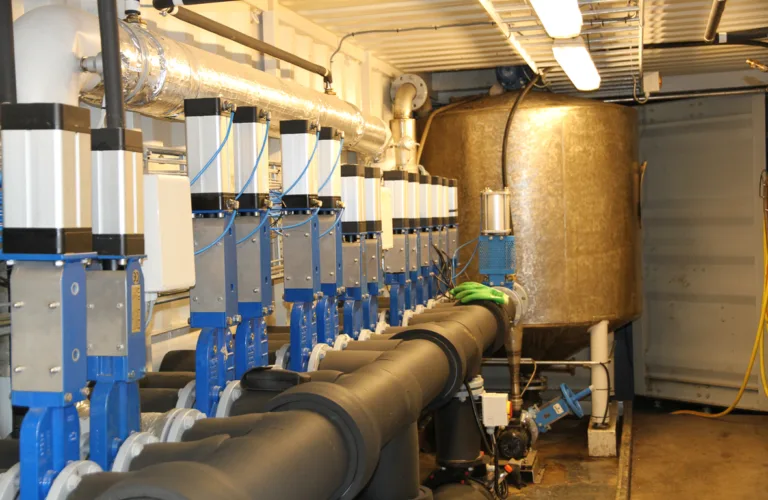
Reduced nitrogen emissions from digestate with application of marble "Marmorfiks"
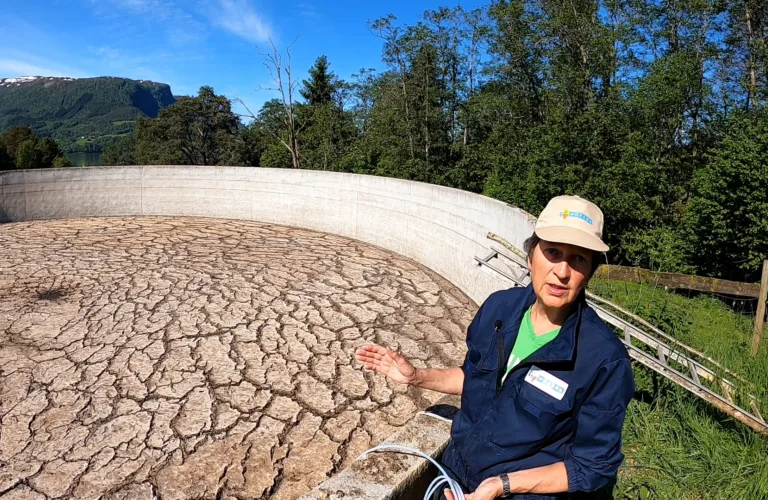
Reducing emissions of greenhouse gases from cattle slurry stores
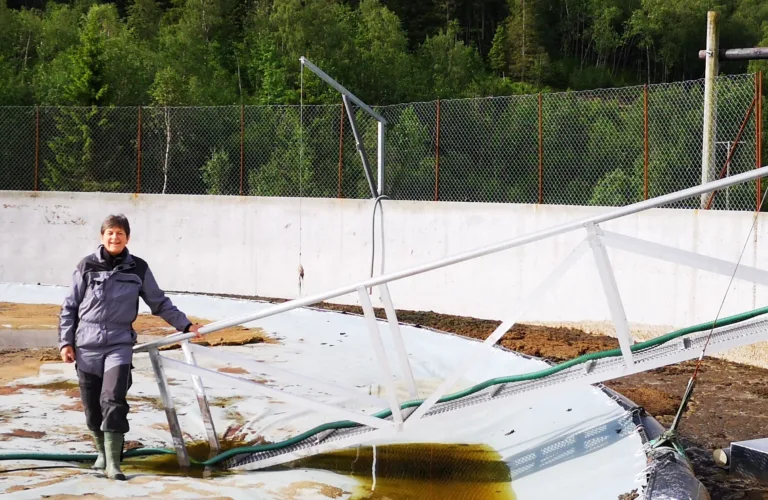
Emissions of greenhouse gases from manure storage


